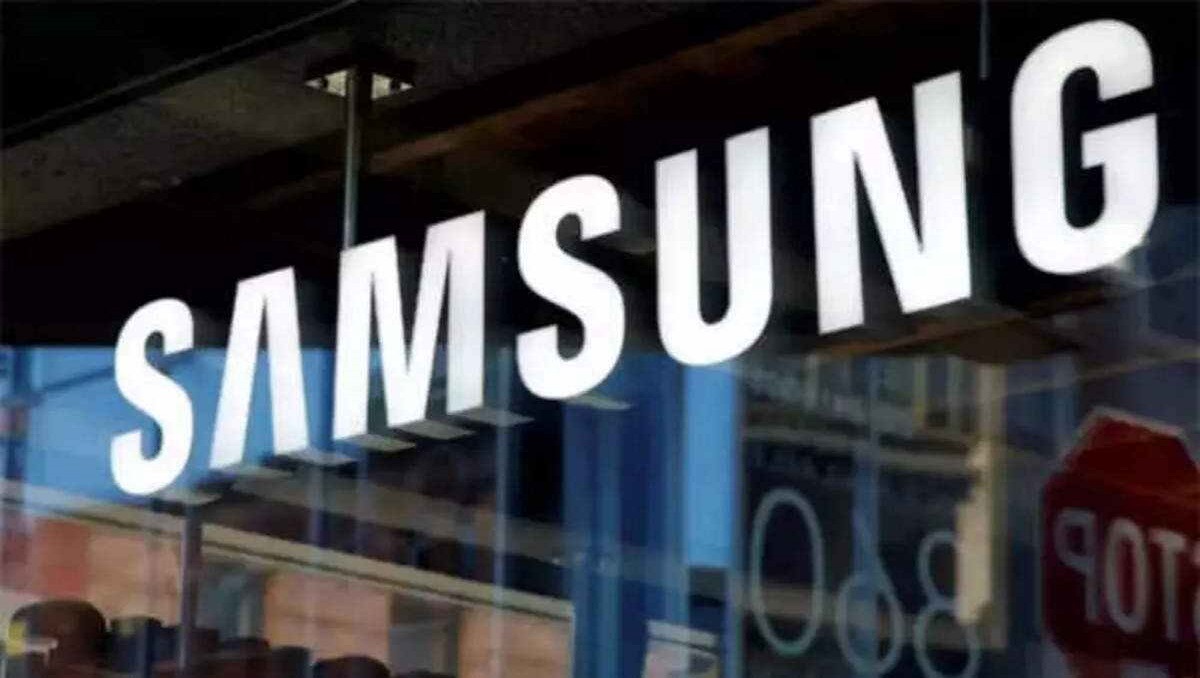Samsung will form a joint task force of 1,000 workers in July, according to Korea’s Naver outlet (h/t: Neowin), to commercialize a Galaxy-only microprocessor by 2025. Samsung is said to be aiming to outperform Apple Silicon.
No Exynos For S23 & S24?
According to the report, in-house processors will not be available for Galaxy phones (probably flagships) debuting next year and in 2024: Samsung Electronics has opted not to release an AP for Galaxy devices in 2023 and 2024 for the first time. “It was a daring and dangerous decision made by top management for a long-term goal,” a Samsung official was cited as saying by machine translation. In other words, it appears that the Galaxy S23 and Galaxy S24 series will only be available with Qualcomm Snapdragon CPUs until 2025, when Samsung releases its own chipset. This would be a hazardous decision because it would prevent Samsung from using Exynos SoCs in select models in the event of a chip scarcity or poor Snapdragon performance. After years of receiving Exynos models of Samsung flagships, the Middle East, Africa, and India have all embraced Snapdragon power in 2022, leaving the EU as the only significant market with Exynos power. So it appears like switching to Snapdragon-only for a limited time would be consistent with the company’s present strategy.
More Questions
Neither of these recent stories goes into depth about how this Galaxy-only chipset will differ from current Exynos flagship processors, which are already practically limited to Samsung phones. Exynos flagship chips have been featured in Meizu phones for years, while Vivo has just adopted the Exynos 1080 upper mid-range processor. However, third-party devices haven’t seen the last few versions of flagship Exynos chipsets, keeping Samsung as the sole Exynos flagship SoC user. You have to wonder if Samsung will be able to beat Apple with its new chipset if it uses normal Arm CPU designs and Samsung’s foundry capability. In the case of the latter, Qualcomm has swapped the Snapdragon 8 Plus Gen 1’s flagship silicon from Samsung to TSMC, claiming a 30% efficiency boost over the regular processor. So, if a future Galaxy-exclusive chipset is to compete with Apple, Samsung’s chip manufacturing division will need to make significant progress. Also read: Xiaomi and Leica Camera Announce Long-term Strategic Cooperation
